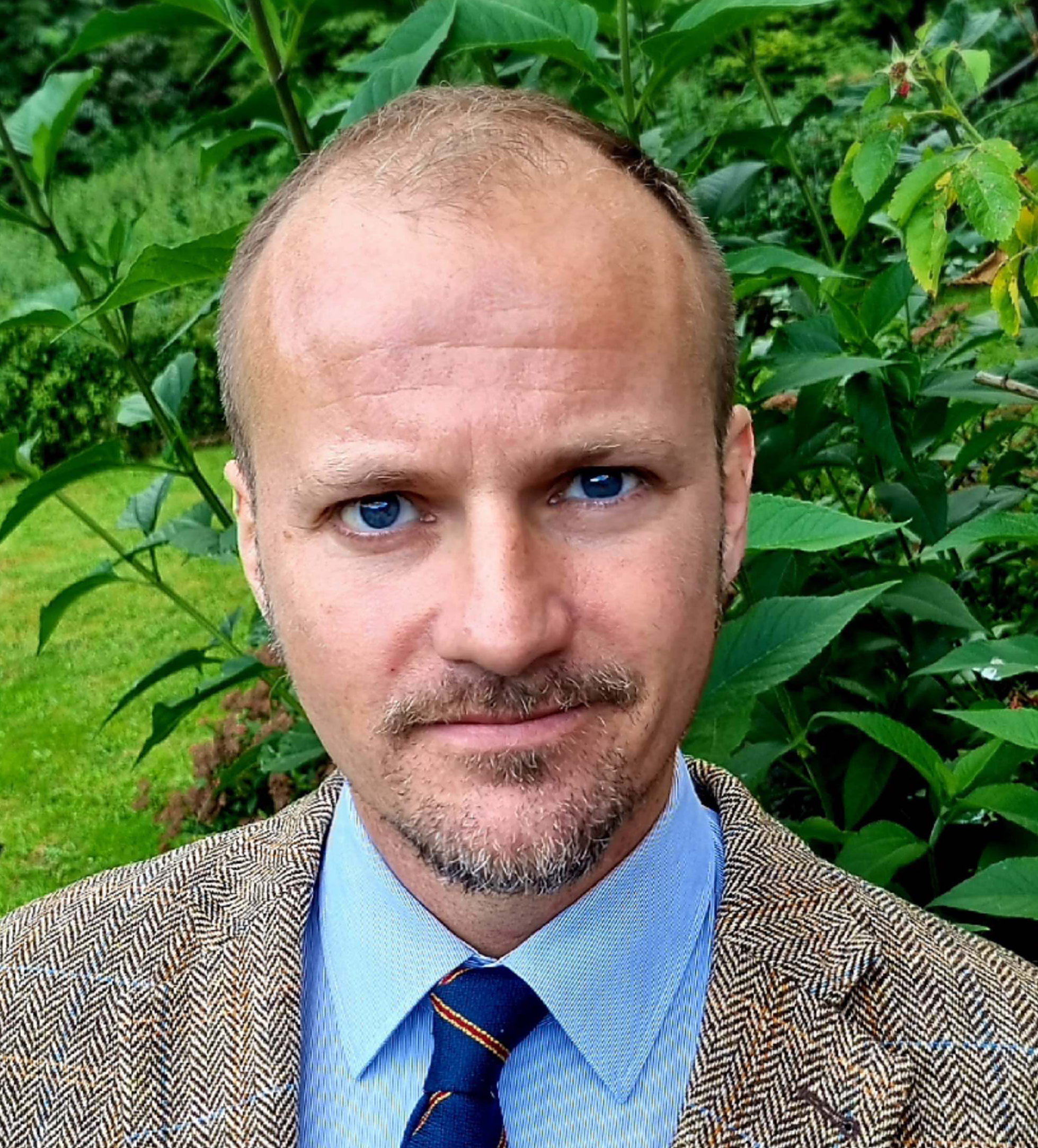International schools often afford a rare space of educational excellence. They are places where professionalism can be rediscovered through compelling curricula, and motivating learning environments. However, these schools also provide leadership in many ways. They often manifest as developed and rarefied examples of what is possible in contexts where little else is. Ultimately, they educate future leaders, and so their influence upon our planet is many – many more times the sum of their parts.
Understanding influence is part of being an effective champion of sustainability in an international school. Understanding diversity, equity and inclusion, is key to fostering a productive and strong school community, but also the citizens who will form their world at the ballot box, and at the supermarket.
Our planet is in crisis, and yet strong, cohesive leadership is lacking, because education is all too often designed and delivered as a facsimile of business practice; reflective of efficiency and competition. Yet education for the 21st Century and beyond requires new thinking: a nurture of nature and a collaboration of souls. As teachers we can help change the bellicose thinking of humanity’s pasts that are so intertwined with conquest, antagonism and competition. It is clear that the professionals in international schools have an important part to play in making education on internationalism about the globe, and about futures. At a time where the world is facing global crises, and the future of our students appears increasingly fragile, this keynote presentation asks not what the world can do for the privileged, but what the global elites can do for their world. It asks you about your place in this and what you can do.
As a visitor you can view up to two presentations per month after that you will be required to subscribe to 21st Century Learning Conference
November 2021
Job Role Applicability:
Keynote




